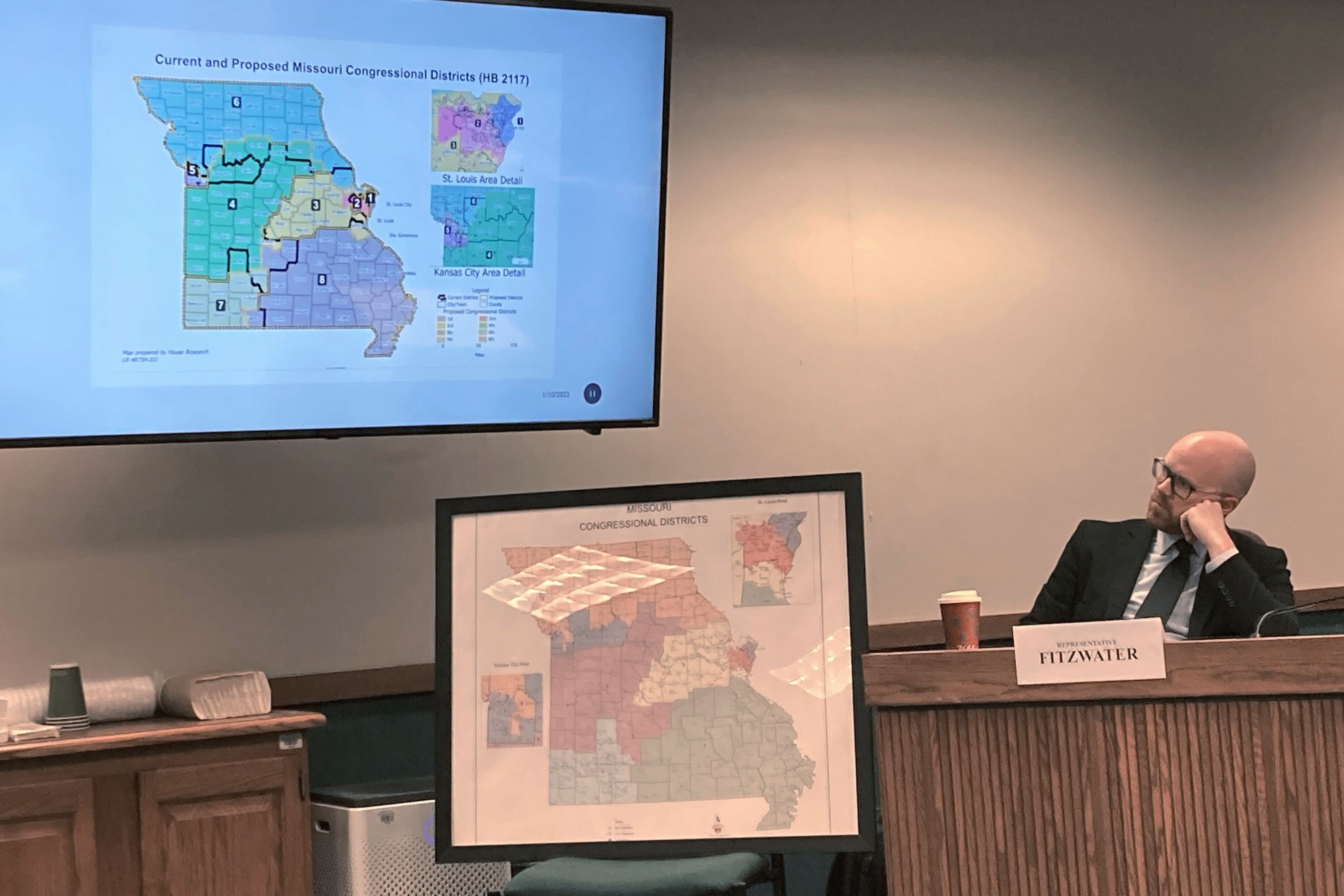Early redistricting wins for Democrats are collapsing across the map, deepening the party's fears of a rout in November's midterm elections.
What's happening: Courts struck down some of Dems' biggest gains, including in New York — where the GOP could win up to 11 total House seats in a red wave, according to the Cook Political Report's Dave Wasserman.
- Party heavyweights — including House Judiciary Chair Jerry Nadler (D-N.Y.) and House Oversight Chair Carolyn Maloney (D-N.Y.) — will now be pitted against each other in contentious primaries.
- Republicans are licking their chops at a Florida map that could allow them to pick up an extra four seats.
The big picture: Dems were already at a huge disadvantage for the midterms — with bare congressional majorities, dismal approval ratings for President Biden, and historical trends favoring the party out of power.
- Gerrymandering opportunities in New York, Maryland and Illinois — along with favorable court actions in Alabama, Ohio and Pennsylvania — had given Democrats some cause to celebrate.
- That optimism is now unraveling: “The legal setbacks and losses Democrats have suffered in the last three months have been staggering,” Wasserman says.

Zoom in: Democrats' original plans in New York could have knocked out half of the eight GOP-held seats and boosted the party's 19-member delegation to 22.
- Instead, Rep. Sean Patrick Maloney (D-N.Y), chair of the House Democrats' campaign arm, will run in a district that includes his home — but is mostly represented by Black freshman Rep. Mondaire Jones (D-N.Y.). Maloney's decision has angered many in the caucus.
- In a twist, Jones will avoid that primary by running in a different redrawn district — facing off against former New York City Mayor Bill de Blasio, among others.
The other side: National Republican Redistricting Trust president Adam Kincaid told Axios the outcomes have been "an improvement on the map that was struck down," but contends the map still "heavily favors Democrats."
- Both parties filed court challenges.
Zoom out: In Maryland, a state judge tossed a map that would have endangered the state's only House Republican, Rep. Andy Harris. In the approved map, Harris is safe and Rep. David Trone (D-Md.) is in a highly competitive district.
- Democratic Gov. Tony Evers managed to veto Republicans' maps in Wisconsin, but the court-approved maps submitted by Evers still favor the GOP.
- Democrats also might have seen gerrymandering opportunities in Virginia and Colorado, but those states established independent redistricting commissions that focused more on competitiveness.
Between the lines: At the same time that some courts thought favorable to Democrats killed blue gerrymanders, Republican gerrymanders have managed to stand in other states — including Florida, Kansas, and Ohio.
- Gov. Ron DeSantis' aggressive map in Florida is now seen as likely to stick, potentially allowing Republicans to pick up four extra seats.
- A GOP-drawn gerrymander has survived in Kansas, despite a lower court ruling previously rejecting the map. Missouri also finalized its own maps heavily favoring Republicans.
- In Ohio, GOP redistricting commissioners have essentially ignored repeated state Supreme Court orders to substantially redraw their gerrymandered maps, which could hand Republicans one extra seat while knocking out two Democrats.
Yes, but: If Democrats lose the House in November, it won't be purely because of redistricting. And some Democrats think they've managed to secure maps that could give them more opportunities to flip seats down the road.
- "There's enough democratic DNA in the maps. There are enough competitive seats that we can win ... that we are still competitive for the decade," National Democratic Redistricting Committee president Kelly Ward Burton told Axios.
- "That is different than what [Republicans] wanted. And it's different than last decade."
- Plus, Democrats held onto favorable maps in Illinois, Nevada, New Mexico and Oregon, and commissions worked in their favor in states like California and New Jersey. Courts also blocked GOP gerrymanders in the key states of North Carolina and Pennsylvania.







